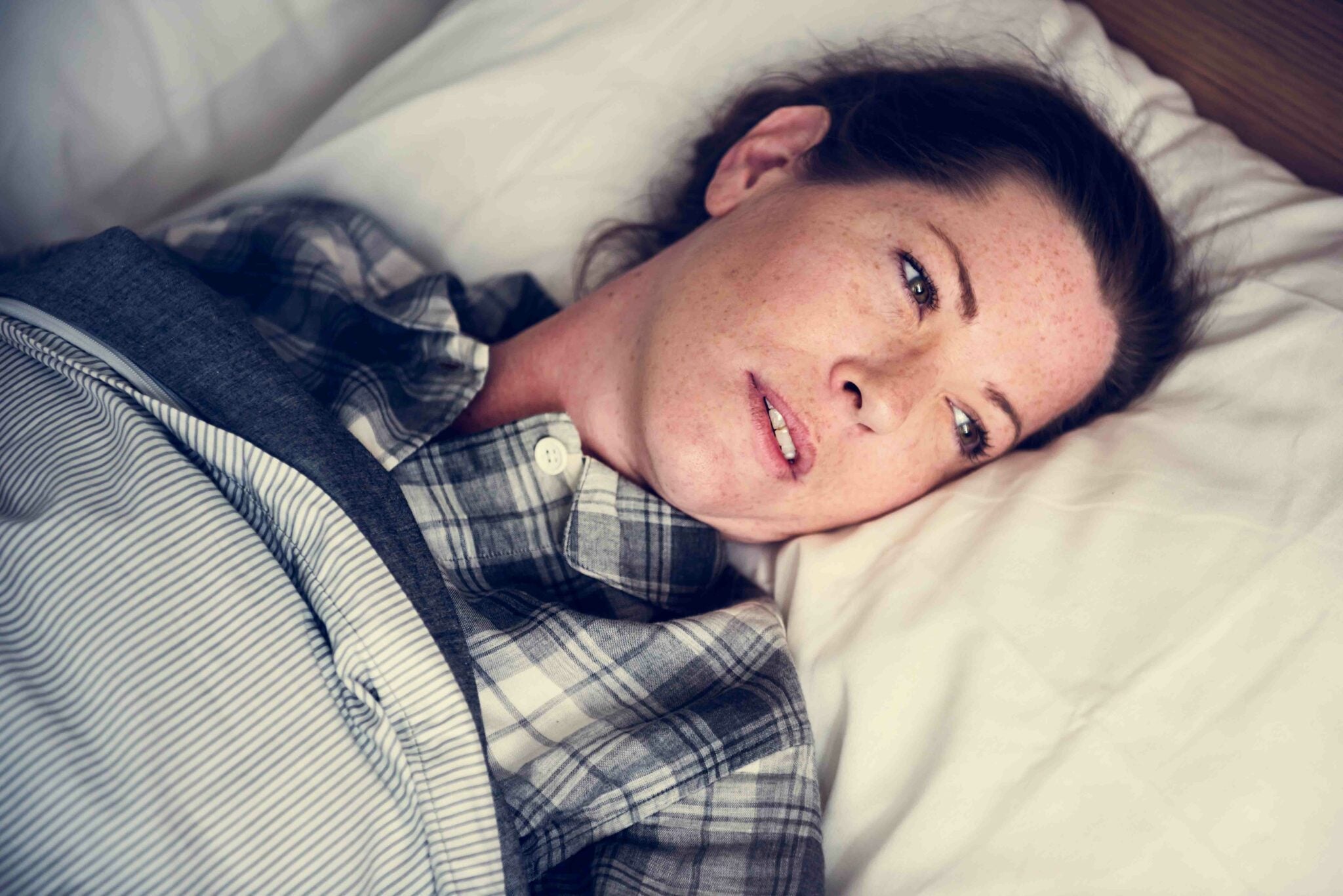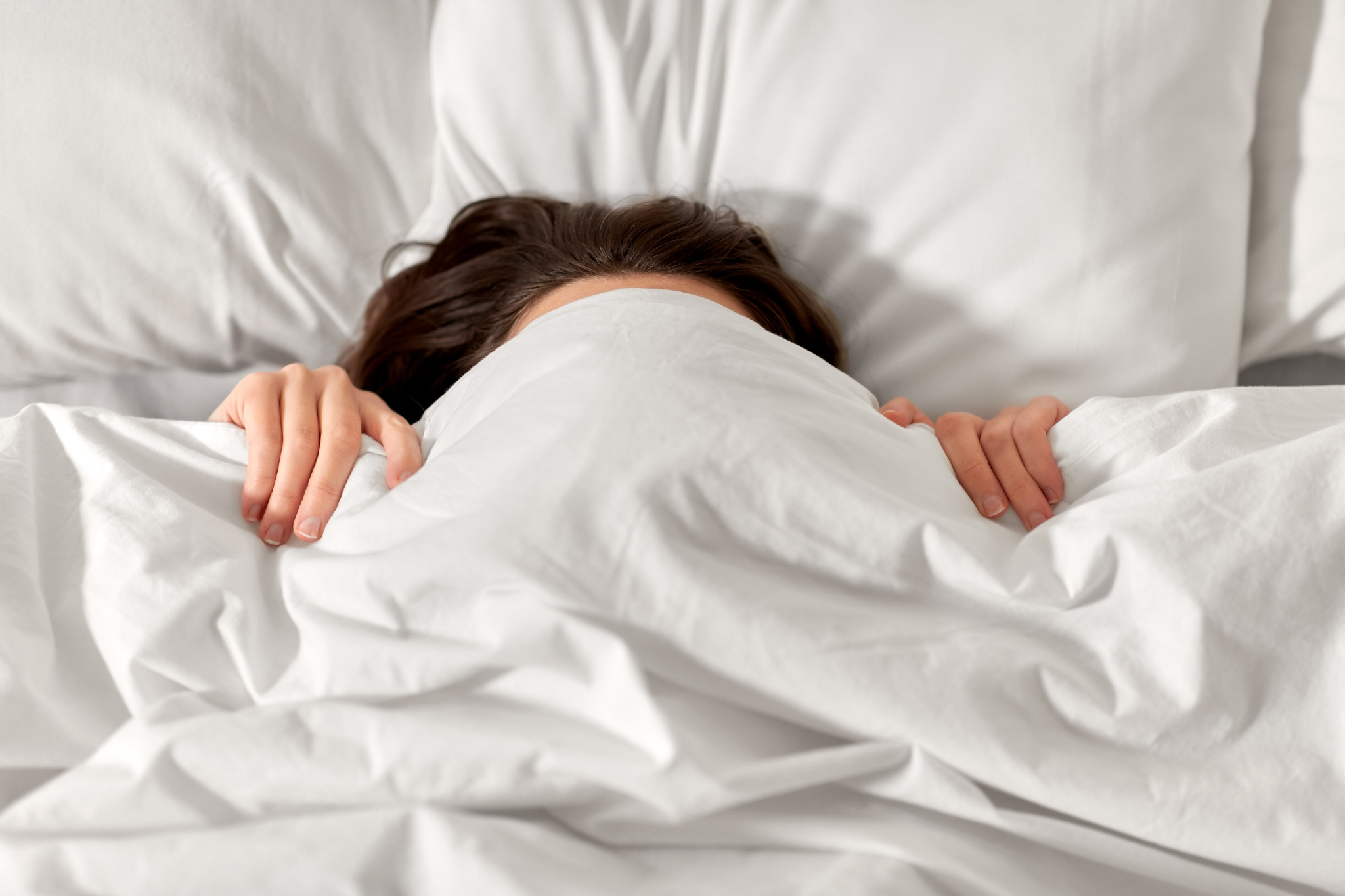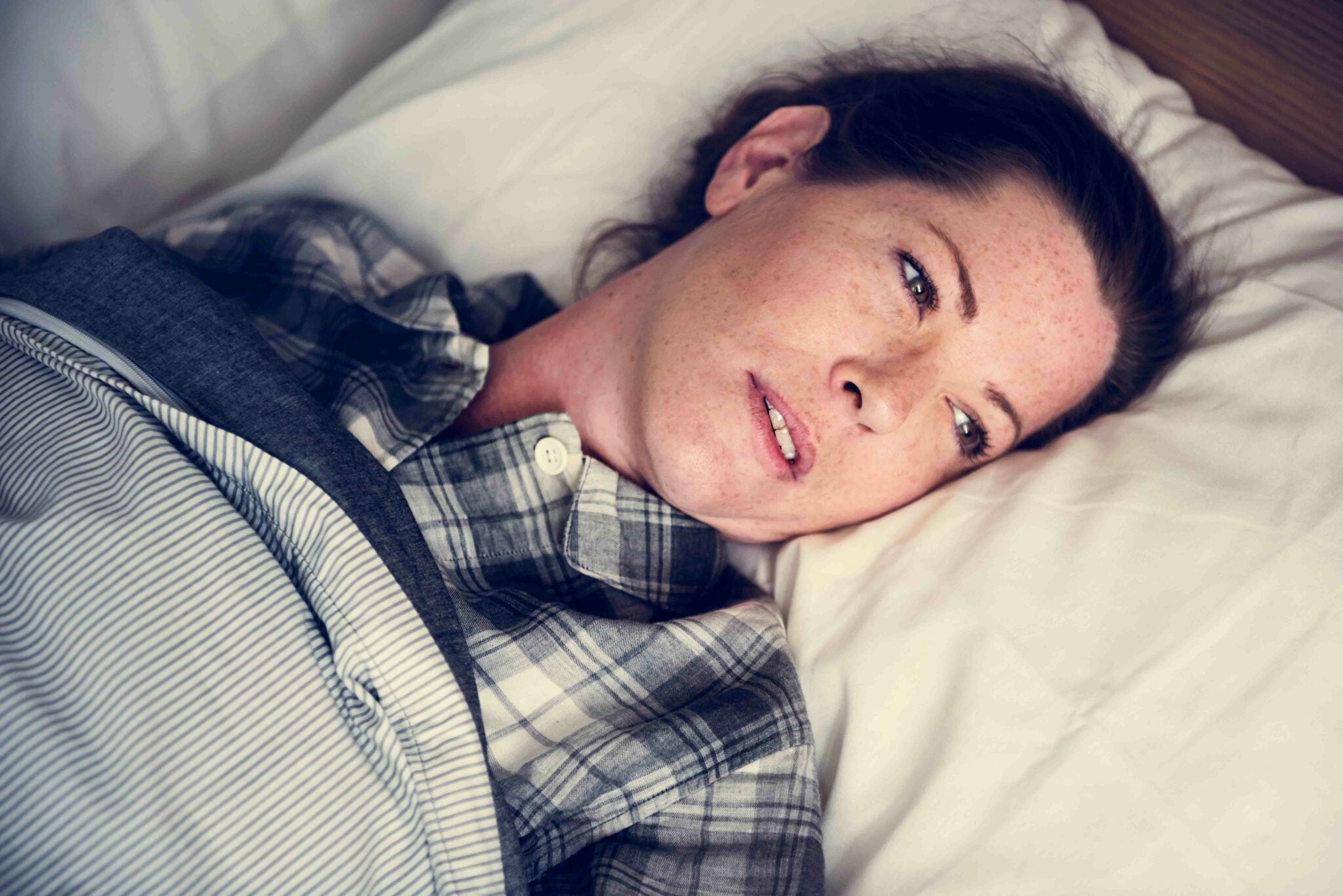Sleep is a vital component in our lives and getting enough, good quality sleep is important to our overall well being and ability to function. Our inability to sleep can cause sleep deprivation, leading to weakened immune defences, drowsiness and reduced cognitive ability.
Sleep disturbance and sleep deprivation is common in people who are travelling, with many contributing reasons. Some of these explanations that may promote unfavourable travel experiences due to poor sleep are;
Common causes of poor sleep whilst travelling
- First Night Effect (FNE) is a phenomenon that relates to the way the brain stays alert when in a new environment. Coming from a threat stance, part of the brain remains awake in order to anticipate any dangers before they happen. It’s not until we’re comfortable in our environment that the brain begins to relax and switch off – allowing for us to sink into a deeper, more peaceful sleep.
- Jet lag is a common trait for travellers crossing time zones and can have a severe effect on our sleep. It affects the body’s internal alarm clock called circadian rhythms. These are set from a person’s existing time zone. Jet lag occurs when time zones are crossed and the circadian rhythms stay the same. The results, although temporary, can cause severe problems and discomfort. People may experience daytime fatigue, trouble staying alert and gastric problems.
- Travel fatigue can also manifest itself into poor sleep. It can be caused by hectic travel arrangements, jet lag as previously mentioned and personal disorganisation – doing everything at the last minute.
- Changes to our diet and normal routines. When travelling we may find ourselves indulging in new cuisines and over consuming alcohol. These changes to our normal routines can link to sleep disruption.
- General discomfort during travelling and during our stay can also play a significant role in the quality of sleep we’re able to get. Modes of transport such as planes and trains are often inadequately designed for long journeys and make sleeping difficult.
- Our sleeping environment, in particular the surfaces that we lie on can contribute to sleep disruption. Uncomfortable beds and pillows that are too soft or hard can all lead to us tossing and turning and getting unwanted aches and pains.
There’s lots of articles on jet lag and general discomfort when travelling – giving good advice on how to reduce the impact on sleep.
We however, would like to focus our attention on how to improve your sleeping environment when you’re away – and in particular how to improve your sleep posture at the same time. So here’s a few suggestions;
Tips for sleeping whilst travelling
How many pillows should I sleep with?

Often we get to the hotel room and the beds are covered in pillows. It looks far more luxurious to have lots of puffed up pillows than one lonesome one! However, ask yourself…do I really need these and are they really helping me?
We’d argue that many pillows may not be the answer to your perfect night sleep. There is no one size fits all situation. Stacking pillows high may feel comfortable, but you’ll eventually start to feel strain around the muscles connected to the spine.
Remove the added pillows until you find that your chosen pillow fills the space between the tip of your shoulder and earlobe, so that your head is fully lifted off the bed.
Or better still, why not just take your Levitex Anywhere pillow that is designed specifically for your body shape, whilst being the optimum pillow for good sleep posture and pain relief. Your spine will thank you for it and you’ll benefit from a better quality of sleep.
Speak with your hotel first
People travelling on vacation or for business, often cite their experience on the quality of sleep they get. If you find that you’re getting a terrible night’s sleep in a hotel it can directly affect the pleasure of your stay. With that said, research around the topic of how we sleep in hotels is still surprisingly thin on the ground.
With sleep being the foundation of everybody’s wellbeing, perhaps hotels should pay more attention to it. Maybe one day we would stop finding hotels providing one-size fits all facilities. Maybe there’ll be a time whereby booking sites offer options for different types of mattresses, pillows – not just a single or a double.
But, for now it may be an idea to phone ahead to your hotel and request a mattress that you’re already used to. If the mattress sinks and you wake up in a banana shape you’re going to be in a lot of pain. We would suggest you ask for a comfortable yet firm mattress that provides enough pressure relief.
You can always double check that the firmness and pressure relief is adequate when you get to your room. Simply sit in the middle on the edge of the mattress and give it a squeeze – if it collapses in half then this bed is not going to support you properly.
If it simply doesn’t move at all when you’re on it then again, ask for a different one as this won’t provide you with the pressure relief you need.
Come prepared
Unfortunately, not every hotel can accommodate special requests, so it’s wise to be prepared. One of the best ways to ensure a good night's sleep while traveling is to bring along a compact travel pillow. The right pillow should support your head correctly, helping to prevent those all-too-common holiday neck aches.
Choosing the right travel pillow
- Side sleepers: You'll want a pillow that fills the space between your ear and shoulder blade to maintain proper spinal alignment
- Back sleepers: Look for a pillow that elevates your head slightly, just enough to keep your spine in a neutral position
Look for options that offer various heights to match your body size & sleeping position.
The Levitex travel pillow ticks all these boxes and is compact enough to tuck into your suitcase - roughly the size of a pair of trainers.
Position matters too
Maintaining a proper sleeping posture is key to avoiding aches and pains, especially when sleeping on an unfamiliar mattress.
The best sleeping position is The Dreamer - semi-foetal side lying. To optimise it, grab one of the extra hotel pillows and place it between your knees and ankles to help keep your hips and spine aligned.

There is a linear relationship between the quality of sleep you get and the way you perform. You may not always be guaranteed the amount of time you sleep when on your travels. So instead, focus on improving your sleeping environment and sleep posture and this will in turn have a positive impact on the quality of those hours you get.
Try a Levitex travel pillow now - 44 day trial





Comfort isn’t everything: what else do you need to sleep?
The Kama Sleeptra: are these positions the secret to a happy marriage?